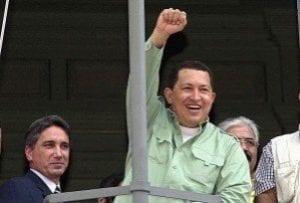
For Gerald Earl Gillum, better known as G-Eazy, success as a rapper was inevitable. It was a constant battle of odds versus undying confidence that in due time, things would finally fall into place the way they were meant to. The same way he knew deep within his heart that his dreams, despite how far-fetched they seemed, would evolve into his reality.
Following high school, he fled his home of Oakland, California at age 18 for New Orleans where he attended Loyola University and earned a bachelor’s degree in Music Industry Studies. It was in New Orleans where his dreams continued to evolve; slowly but surely becoming his reality as he continued to hone his skills along the way.
We joined G-Eazy on his tour bus where we talked about his debut album, These Things Happen, motivation to finish college as music became more distracting, his undying confidence, his songwriting formula and more.
College News: So first of all, congrats on the album. That’s impressive that it went No. 3 on Billboard, that’s exciting. How do you feel that like after so many years it skyrocketed pretty much?
G-Eazy: It just did it. That dream I had when I was 14 or 15 was validated just because I’ve always been confident that it would work even at the most foolish of times when nothing was working for me and music wasn’t that good at all. I was always sure it would happen. From the outside looking in, it wasn’t very much of a safe bet. So it kind of validates all that time spent.
CN: Was there every any point where you felt that maybe other people were right about it not working out?
G-Eazy: Nope. I mean I doubt myself all the time, it’s this crazy duality of self-loathing and unstoppable confidence. On one hand, I would wonder every day, “Am I crazy? Is this ever actually going to work? Am I even good enough to be here?” and then on the other hand, I felt like I would be a star eventually and it would all fall into place.
CN: With that said, how has the transition been from some normal guy trying to make it to suddenly, stardom after the release of your debut?
G-Eazy: I don’t know. It was just a long gradual process for so many years that I got used to it never working. Now it’s like the arch— the curve has dramatically gotten faster it’s kind of crazy but I haven’t had time to stop and think about it. I’ve basically been on tour the last 10 months it feels like. The last tour ended…it never really ended I just…once a year to twice. It’s just been nonstop. You just keep your head down and keep moving.
CN: Well, I guess that’s a good thing. Keep the momentum going.
G-Eazy: Yeah.
CN: Is anyone else in your family musically inclined?
G-Eazy: Yeah. My aunt and uncle played in sef rock band when I was kid, they’re crazy talented musicians. When I was a little kid, we all lived in my grandma’s house. Me, my mom, my brother, my aunt and uncle, my grandma and grandpa. And my aunt and uncle, their band would rehearse in my basement and I would watch them play and I really looked up to them.
CN: So were they very supportive of you pursuing music?
G-Eazy: Yeah.
CN: Do you recall the first time that hip hop really grasped your attention? And from that point on, at what point did you decide that you wanted to pursue it as a career?
G-Eazy: When I was old enough to decide what kind of music I liked, 8 or 9 or 10, I’d listen to the radio. Dr. Dre’s 2001 was the biggest CD in the world at the time. I played it over and over again in my mom’s car.
CN: You went to New Orleans for school. How did you manage to stay motivated to stay in school and pursue music? I mean both are like a full time job.
G-Eazy: It was just that my grandma and mom had worked really hard to save and put money away for me to be able to go to college. I had a big scholarship to be there and they were helping me. It was a huge opportunity, it just didn’t feel right fucking off and messing up so I just kind of stuck with it for the bigger picture but it was definitely a big challenge. I mean, I hated school. Especially as music became more distracting.
CN: Yeah, exactly. How would you say your sound evolved between influences you had in the music scene in California and New Orleans? How did they clash?
G-Eazy: Well, I mean you can kind of split it up into the Hyphy Movement, and the local Bay Area stuff that was my world growing up and all the music that I made in high school sounded like that. Then I moved to New Orleans and someone named Lil Wayne was the biggest rapper in the world at that time. It was just before Carter III and his presence in that city was felt everywhere you went and he became a really big influence on my music.
CN: How do you think your appreciation for other music sets you apart from other artists? I notice that you sample other– not just genres, but decades of those genres. How do you think that impacts your original work?
G-Eazy: I don’t know. I have an ear for melody and I think it goes past whatever genre or time period or category that comes from. I just hear melody and I hear stories and I’m able to remove them from whatever world they came from and kind of reinterpret them. Runaround Sue, it’s the same story that gets told in Chris Brown’s “Loyal.” It’s the same song and I hear that. I don’t necessarily hear the exact genre or time period it comes from, it’s a great melody and it’s a great story.
CN: Who would you note as some of your top musical influences?
G-Eazy: Kanye West, Drake, Lil Wayne, Dr. Dre, Eminem, Jay-Z, John Lennon, Johnny Cash
CN: Aside from production, you seem to be very invested in songwriting. You have some really great lyrics. Have you always been a great writer or do you feel like that’s something that’s evolved?
G-Eazy: The thing with my songwriting is it’s half soul and half technique. So like stories come from inside of you, but your technique as a writer evolves just like it would as a painter or a photographer. The first day you pick up a camera you may suck but 5 to 10 years into studying your craft you get better at it. But your perspective is something that can’t really be taught or trained so it’s half and half.
CN: Where do you find inspiration for songs you write?
G-Eazy: Life. My perspective on the world.
CN: Do you have a favorite song that you’ve ever written?
G-Eazy: Um… Yeah, it’s a brand new one. It’s not out yet. It’s something that I just made, it’s called “Sad Life.”
CN: Do you feel that These Things Happen is overall an accurate representation of your artistry and what you set out to do?
G-Eazy: Hell yeah. That was our goal is for the debut LP to be an all encompassing look at who Gerald is and what does he have to say?
CN: And does your label allow you to have that creative control?
G-Eazy: Yeah. Absolutely, that’s what we fought for.
CN: What would you say has been the biggest obstacle you’ve faced either personally or professionally since being out on this journey?
G-Eazy: The biggest obstacle? Wow. Um… I can say like one moment where we kind of put it all on the line and basically bet the house on an idea and ended up getting a breakthrough moment. Actually, exactly about a year ago, These Things Happen was maybe 80-90% done. We had ideas for three music videos. For “Been On,” for “Almost Famous” and “Far Alone.” And I had been saving all my money from Must Be Nice, like iTunes checks that would come in. We had $100,000 saved up. And we shot those music videos with that money. I believed in the album and I wanted to really make a splash and I knew we needed content and music videos were key. It was a leap of faith. I mean, $100,000 that’s a fucking fortune. That’s an obscene amount of money. Like..a down payment on a house, you could buy a house in a lot of places. But I believed in the album and I believed in the ideas we had for the music videos. And it was a huge dice roll, but I think that’s what helped us breakthrough.
CN: On the contrary, what would you say to be your biggest accomplishment? And I want to say besides the album because that’s a given.
G-Eazy: Yeah, yeah. Fox Theatre…it sold out a month ahead of time and it’s a big venue in downtown Oakland, it’s a big deal.
CN: Do you have any pre-show rituals?
G-Eazy: I like to drink tea and meditate for 30 minutes. And then I drink whiskey for the next 30 minutes before I go on stage.
CN: How do you keep each show interesting? Opposed to making it seem like you just press ‘play’ each night?
G-Eazy: That’s the magic. That’s the magic, that’s the whole trick of tour. On one hand it’s like a circus, it’s a traveling show. But a fan in Detroit hasn’t seen it 16 times already. I’ve performed it 16 times, but that doesn’t matter to them. This is their one chance to see it so you have to perform it like it’s your first time performing it. You have to kill it for them, for that person who cares who paid their money to see it.
CN: Social media has undoubtedly leveled the playing field for independent artists. What do you think about its influence in the music industry?
G-Eazy: It’s good and bad. It’s good because it’s leveled the playing field and it’s bad because it’s leveled the playing field. It lets everything in so it lets great things in that wouldn’t have been found but it also lets bullshit in.
CN: And finally, do you have advice for anyone pursuing their dreams? Even outside of music that may seem out of reach?
G-Eazy: Just a consistent work ethic, that’s what I call “the process.” And it’s important to be in love with the process and not only the return.



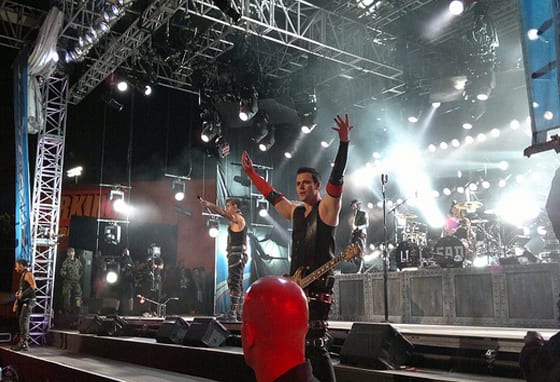
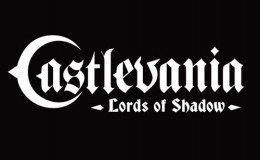




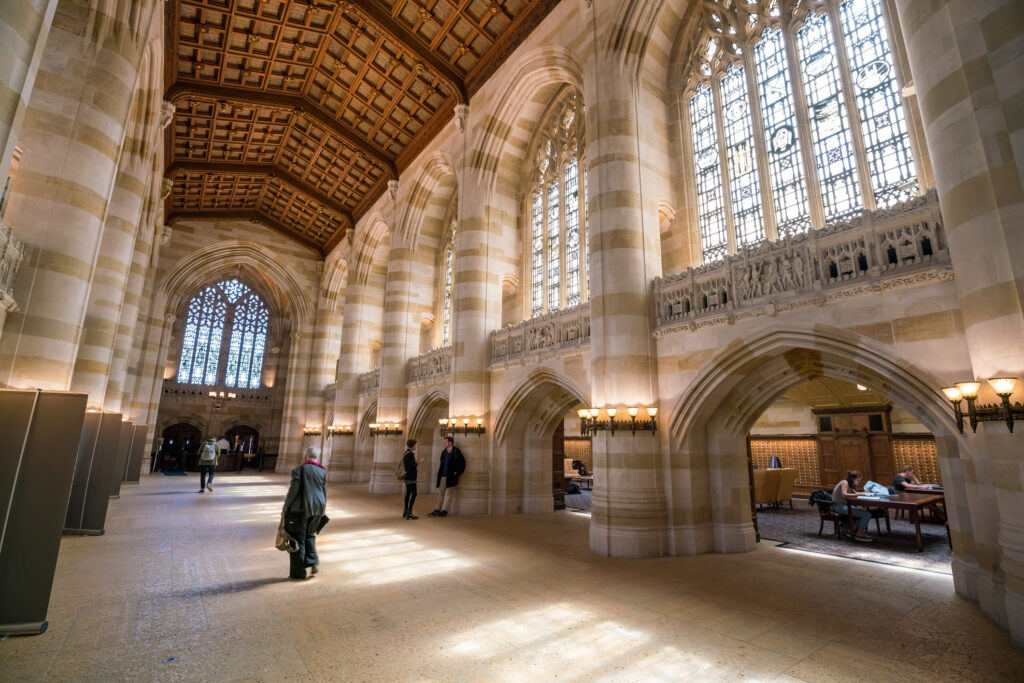


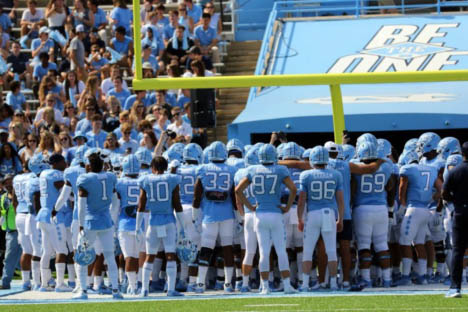

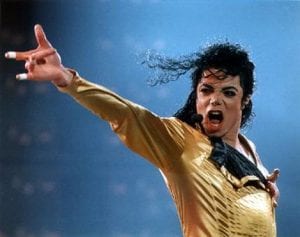

.svg_.png)
